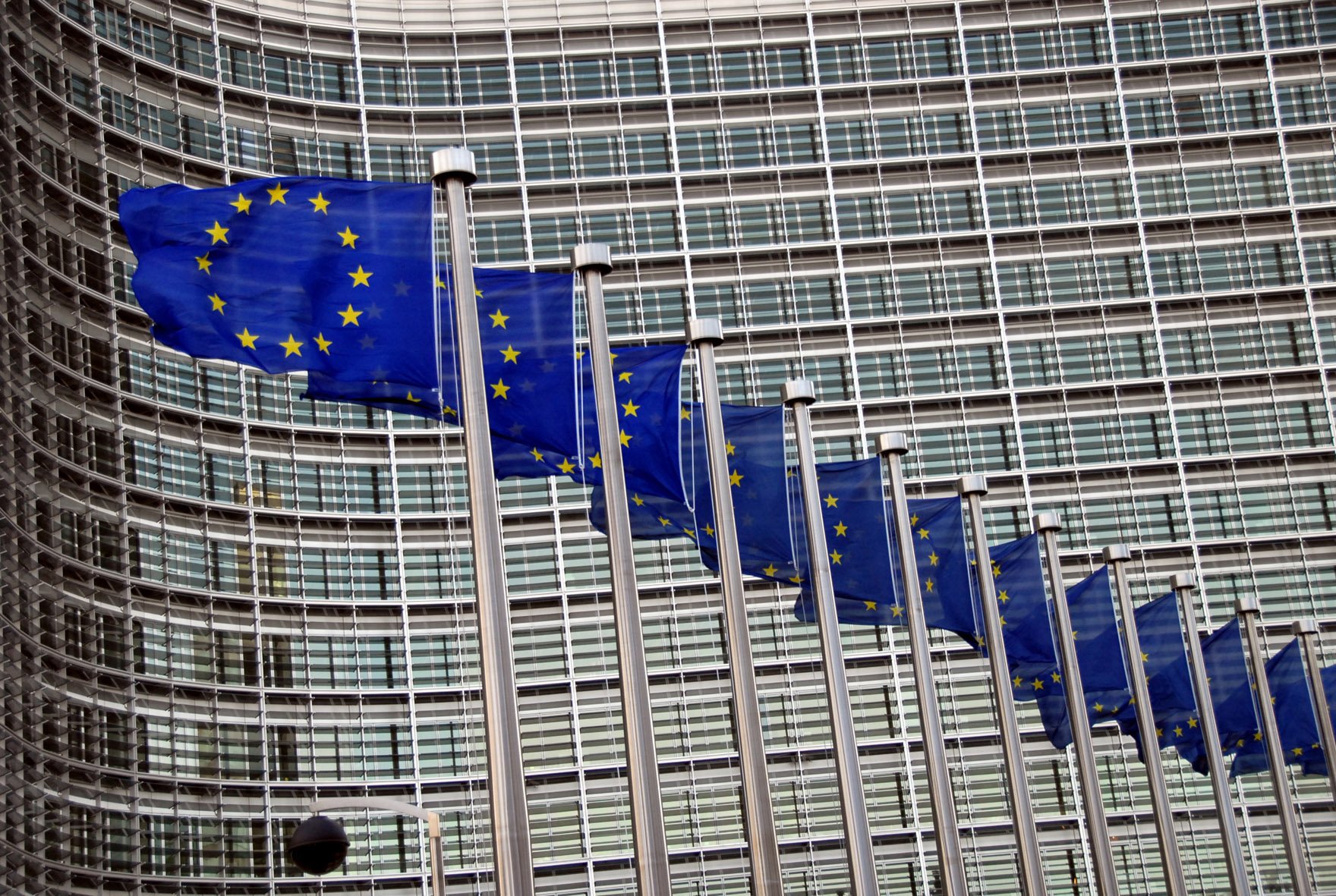The European Commissioner for Justice, Věra Jourová, has said this Wednesday that German authorities have acted appropriately with regards to Spain's extradition request for Catalan president Carles Puigdemont. "I would have to look into the details but I think that in this specific case German authorities are acting according to the rules", she said in a press conference.
Although not commenting further on the Catalan issue or the charge of rebellion, the Czech commissioner did defend Germany and the European Arrest Warrants system, after recent criticism from Spain. Jourová's comments come after the higher regional court of Schleswig-Holstein, on 6th April, rejected extraditing the Catalan president on the charge of rebellion, believing the violence required for the charge hasn't occurred.
Despite the Commission not normally commenting on relations between individual states, and having consistently stayed out of the Catalan question saying it is an internal affair for Spain, this Wednesday the commissioner spoke about Germany's actions in the case and said that her "experts haven't alerted [her] about any wrong application of the European Arrest Warrant".
Jourová also said that the Commission was not planning to increase the list of crimes such warrants can be issued for, as she had said in December last year after Spain stated that it believed the list to be "obsolete". "I do not have any requirement of this kind from any of the member states. We had some debate with our Spanish colleagues last year, but at this moment we are not continuing this dialogue," she explained.
For Jourová, the European Arrest Warrant has "other problems", for example the differences in prisoner living conditions meaning that inmates cannot be sent to certain countries which "do not comply with the necessary standards", but that this was not relevant to Puigdemont's case.

